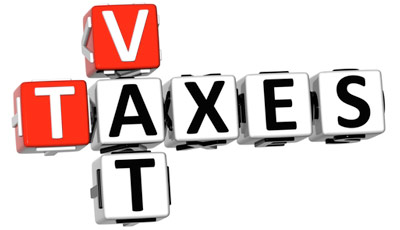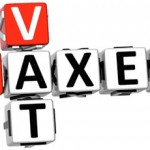EU VAT changes on vouchers became effective

Significant changes to the way that businesses should account for value-added tax on vouchers became effective on January 1, 2019.
The overhaul to the rules is intended to simplify the tax treatment of vouchers, especially where they can either be used domestically or more widely in the EU. The changes are also intended to prevent either the non-taxation or double taxation of goods or services which relate to vouchers.
The measure does not apply to vouchers issued before January 1, 2019, for which existing rules will continue to apply. The tax treatment of discount vouchers or money-off tokens will be unchanged.
Under current legislation, a customer is deemed to be receiving two supplies: a voucher; and an underlying supply of goods or services. The law changes make clear that, for VAT purposes, there will no longer be a separate supply of a voucher; only the supply of the underlying goods or services, which will be provided in exchange for the voucher at a later date.
Typically, under current rules, with single purpose vouchers, any VAT due is paid when the voucher is issued or subsequently transferred (but not when it is redeemed). With credit vouchers, any VAT due is paid when the voucher is redeemed, whereas with retailer vouchers any VAT due is paid when the voucher is transferred after issue and when it is redeemed.
The new rules will simply refer to single purpose vouchers and multi-purpose vouchers.
The new Vouchers Directive prescribes that, where the VAT treatment attributable to the underlying supply of goods or services can be determined with certainty already upon issue of a single-purpose voucher, VAT should be charged on each transfer, including on the issue of the single-purpose voucher. The actual handing over of the goods or the actual provision of the services in return for a single-purpose voucher should not be regarded as an independent transaction.
For multi-purpose vouchers – simple defined as one which is not a single purpose voucher – VAT should be charged when the goods or services to which the voucher relates are supplied. Against this background, any prior transfer of multi-purpose vouchers should not be subject to VAT.
Member states have had until December 31, 2018, to transpose the EU Vouchers Directive into national law (Council Directive (EU) 2016/1065 of 27 June 2016 amending Directive 2006/112/EC).
Source: Tax-News


























